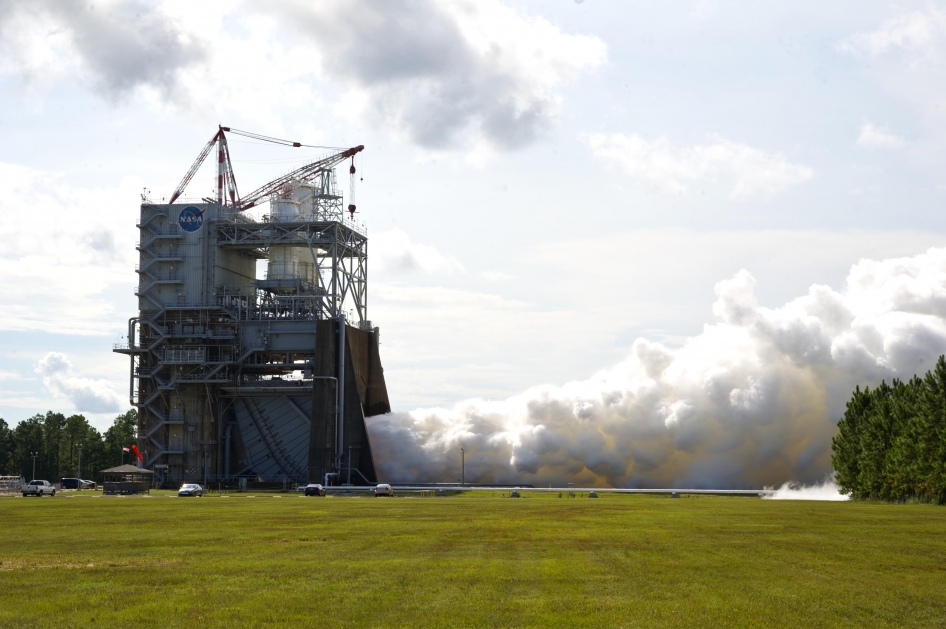
BAY ST. LOUIS, Ms — On Thursday, Sept. 5, NASA along with Aerojet Rocketdyne conducted a test firing of a J-2X rocket engine at NASA’s Stennis Space Center. The hot-fire was conducted in order to test the engine for possible use in NASA’s new heavy-lift booster, the Space Launch System, or SLS. The test-firing of J-2X number 10002 was conducted at Stennis’ A-1 Test Stand and lasted for the full, planned 330 seconds. By all accounts it was a complete success.
Jim Paulsen, Aerojet Rocketdyne Deputy Program Manager for Advanced Space and Launch Systems, stated that the test was a “major milestone as this test was the end of gimballing certification.”
Paulsen further stated that even though there was further J-2X testing to be performed, this test paved the way for NASA / Aerojet Rocketdyne to re-focus their efforts on development of a more affordable, non-reusable version of the RS-25 for use on SLS.
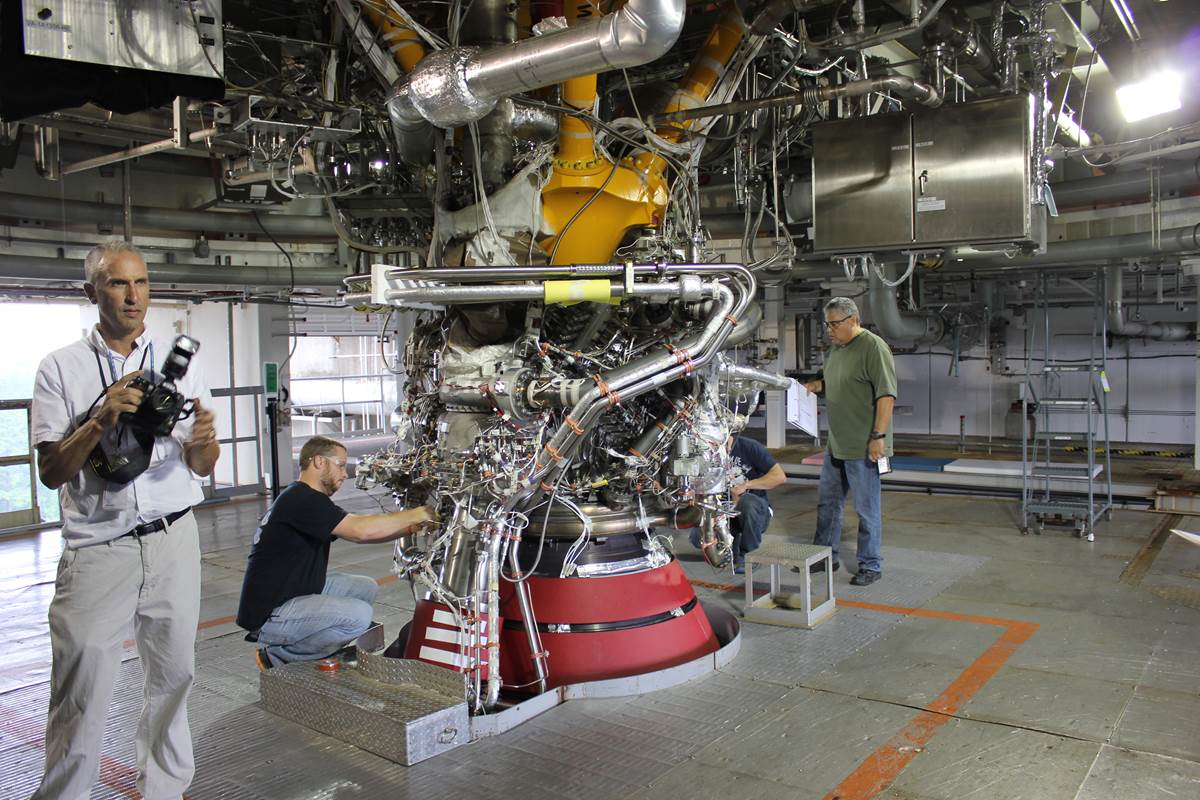
In many ways, however, the test-firing was simply the icing on the cake. AmericaSpace, along with the BBC and Aviation Week & Space Technology, was taken on a tour of some of the facilities at Stennis. This provided those present with a better understanding of the work being done at the space center to prepare for future manned missions.
The first stop of the day was Aerojet Rocketdyne’s Building 9101 (the Engine Assembly Facility). In this facility, Aerojet Rocketdyne is assembling engine number 10003, the third of NASA’s new J-2X engines. The first J-2X engine, number 10001, is being disassembled in the same building for analysis after multiple test-firings. And the second engine, number 10002, was secured in a test stand for firing. The last of the currently planned J-2Xs, number 10004, is to be assembled and then tested in 2015, prior to the anticipated “shelving” of the J-2X program to allow NASA and Aerojet Rocketdyne to focus on modification of the RS-25 rocket engine, more commonly known as the Space Shuttle Main Engines (SSMEs), for use on NASA’s new beyond-Earth orbit (BEO) rocket, the Space Launch System (SLS).
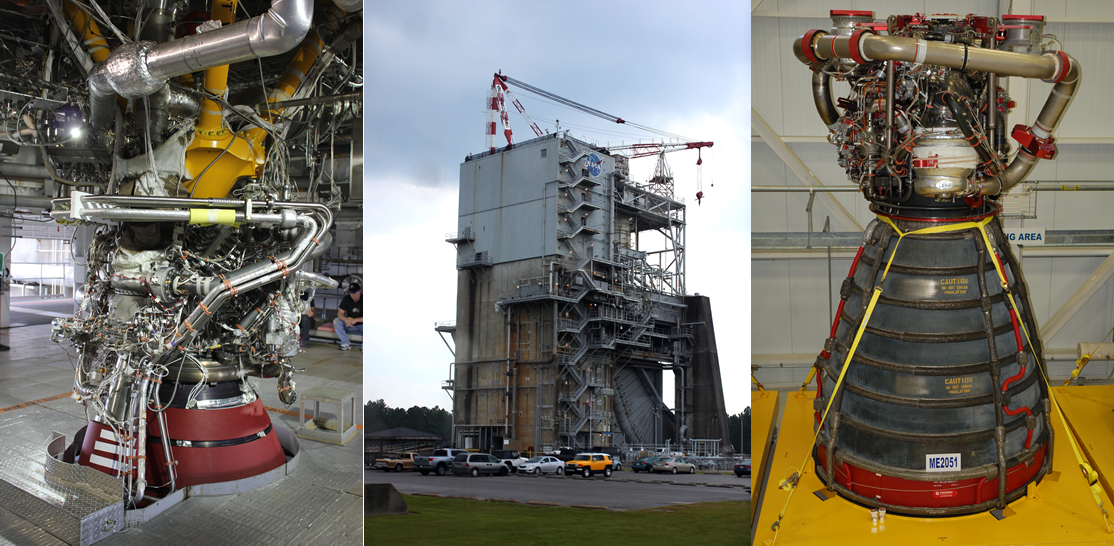
Also of note, in Building 9101 Rocketdyne is completing assembly of the RS-68 engines to be used on United Launch Alliance’s (ULA) Delta IV Heavy launch vehicle, scheduled to lift the first Orion / Multi-Purpose Crew Vehicle (MPCV) capsule on the EFT-1 mission in late 2017. In addition, the rear of the building is filled with the entire fleet of surviving SSMEs—15 engines, along with enough parts to assemble a 16th.
“Sixteen engines, in sets of four, are anticipated to be used on the scheduled 2017, 2021, 2023 and 2025 SLS flights,” said NASA’s Mike Kynard, program manager for SLS Liquid Engines at Marshall Space Flight Center.
[youtube_video]http://youtu.be/LAEXMyiijfg[/youtube_video]
Video courtesy of NASA / MSFC
The next stop of the day was the B-1 and B-2 test stands. The B-1 stand is currently in use for RS-68 engine testing. The B-2 stand, which was originally used for testing of the Saturn V first stage, has been idle for approximately 10 years and is undergoing major refurbishment to support SLS testing, which will consist of the core stage with four RS-25 shuttle-heritage engines. The first of these tests is anticipated to occur in approximately 2016.
Stennis is NASA’s primary engine test facility and consists of 13,800 federally owned acres, along with another 125,000 privately owned acres that comprise a “buffer zone,” allowing the Center to conduct relatively unfettered testing in its nine test stands.
Want to keep up-to-date with all things space? Be sure to “Like” AmericaSpace on Facebook and follow us on Twitter: @AmericaSpace
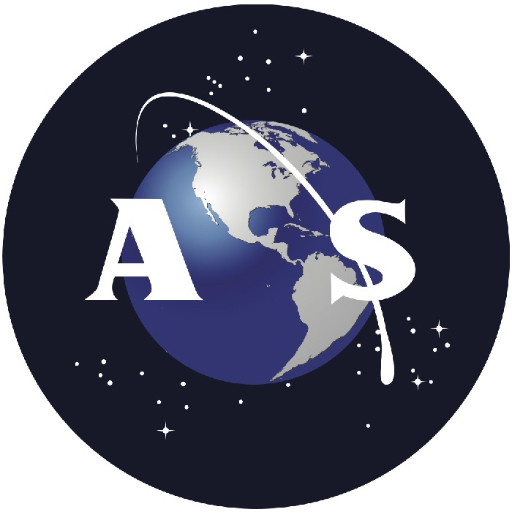
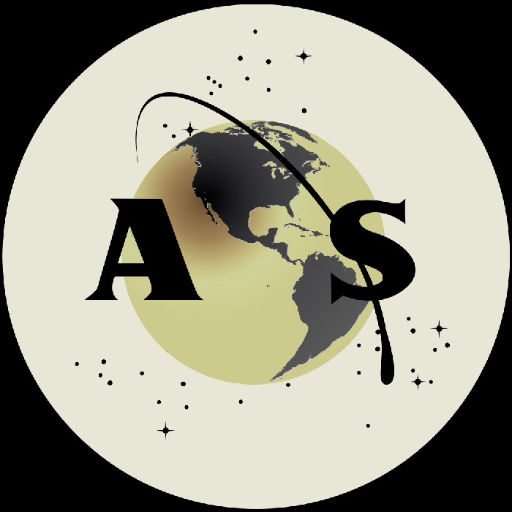
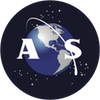
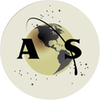
Thanks for the exciting update Scott! I’m looking forward to all of the hard work on our SLS coming to fruition. Some would probably think it quite strange, but I would rather take a tour of the facilities at the Stennis Space Center than go to the Super Bowl. Thanks for sharing the experience!
I’d gladly choose a tour of NASA facilities over any sports event, any day!
It was great to see all the excitement over the final J-2X test. I’m even more excited to see the stands transitioned over to RS-25, as that’s the project I’ve been working on! Please, come take a tour of Stennis and see the awesome work we are doing here! The Infinity Center is now open 10am-4pm, Mon thru Sat, and they will take you on a bus tour through the complex, past the test stands. You don’t realize the power of these engines until you see what it takes to hold them down. We’re the only NASA center trying NOT to have a launch. 😉
“We’re the only NASA center trying NOT to have a launch” ROFL!! 😀 But you’ve got to admit Carla, it certainly would be exciting to have a surprise (albeit unwelcome) launch from a test stand! 🙂 I would love to take the tour that you described, for me it would be a religious pilgrimage. Every best wish for continued success!
“I would love to take the tour that you described, for me it would be a religious pilgrimage”
You summed up my feelings as well perfectly Karol! I long for the day when I’ll be able to make the trans-Atlantic trip to visit the historic NASA facilities and get to talk with all the wonderul people there. Some day… Hope springs eternal!